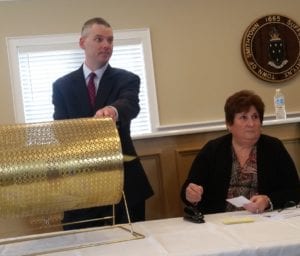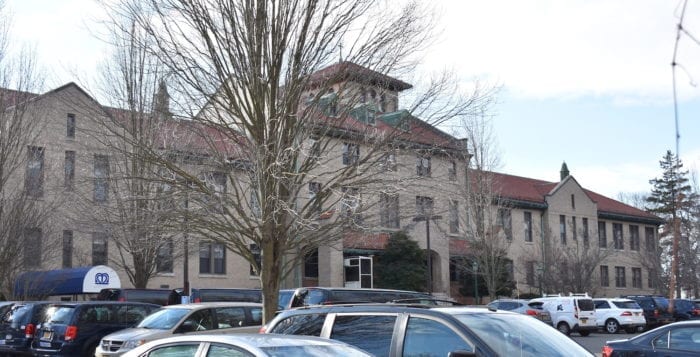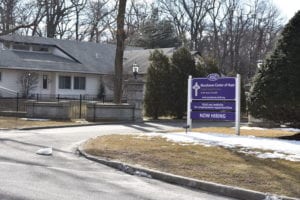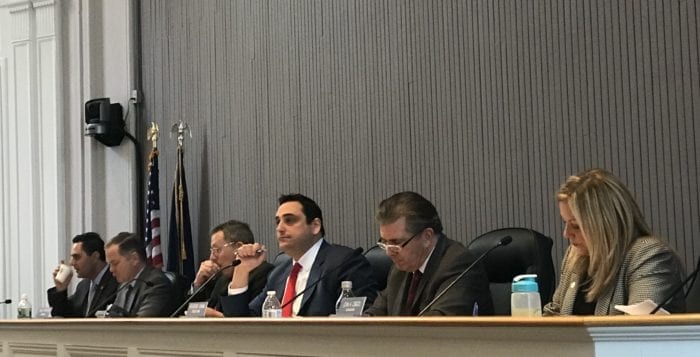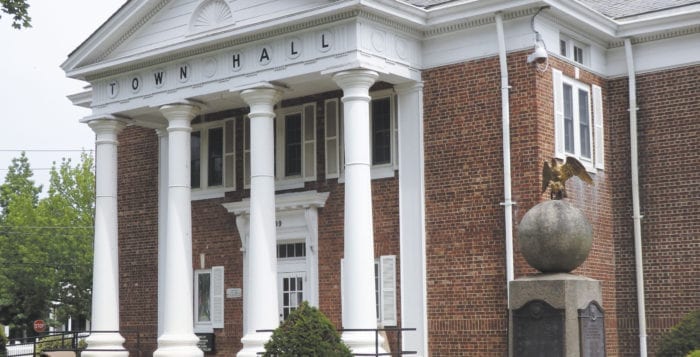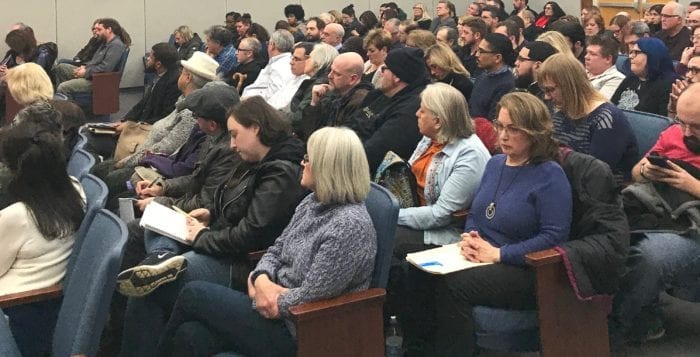By Lisa Scott
Voting is about to get easier for New Yorkers. New York has long been behind most of the country when it comes to voting. Our election laws were archaic, making it difficult for people to vote and resulting in low voter turnout. However, both the NYS Assembly and Senate passed several bills on election law, most of which have been signed into law by Gov. Andrew Cuomo (D).
Not all are effective immediately and some will require additional money to be added in the state budget. Other reforms such as no-excuse absentee ballots and same-day voter registration must go through the NYS Constitution amendment process, which will delay their implementation for at least three years.
Early voting will take place for the first time in New York for the Nov. 5, 2019 general election. (Thirty-eight states and District of Columbia have already instituted in-person early voting.) Voters will be able to vote at designated poll sites 10 days prior to Election Day. Each county board of elections will follow the law designating the number of and placement of the early voting poll sites and notify voters of the days, hours and locations of the early polling sites. But all NYS county boards of elections (especially those like Suffolk County, which have large populations and geographic areas) face a myriad of challenges to meet the early voting law requirements.
The League of Women Voters of New York (LWVNY) estimates the cost of statewide early voting to be $9.3 million for implementation in the 2019 general election. The law requires one site per 50,000 registered voters over a period of 9 days with 8 hours of weekday early voting and 5 hours of weekend early voting.
The projected cost areas include poll sites (rental fees for 83 additional sites throughout NYS), staffing and training (training session costs and staffing compensation), voting equipment (some counties may need to purchase new equipment including electronic poll books), security (voting machines and ballots must be secure 24/7 throughout the period of early voting) and education (statewide mailings advising all registered voters — this would be a one-time cost).
In particular, electronic poll books (utilizing secure tablets or laptops with data downloaded in advance eliminating Wi-Fi/hacking concerns) are essential for Suffolk and similar multisite early voting counties in NYS. They allow greater ease and accuracy during the early voting period and will have long-term cost savings after their initial investment. They provide a fast check-in process, reducing the propensity for long lines. They reduce the need for provisional ballots because voters’ records can be searched for in multiple ways. And if a voter is in the wrong place, she can quickly be directed to the correct precinct in order to cast a regular ballot.
Additionally they can be updated right before the election, reducing the rush to enter registration and updates in time to print and distribute paper poll books; and they make postelection updates much faster and accurate. Three NYS counties conducted successful pilot projects utilizing electronic poll books last year.
As of mid-March 2019, Cuomo had not included funding for early voting in his January 2019 Executive Budget (and his February amendment proposals). LWVNY and other good-government groups have been lobbying NYS Senate and Assembly members to include early voting funding in their budget amendments in March. NYS law requires a budget by April 1 each year, so there will be substantial negotiations for the governor and the NYS Senate president and Assembly speaker in late March.
The governor contends that significant savings from a consolidated single state primary will be adequate to cover early voting costs. But there is only one primary date in 2019, so that money will only become available in 2020. Absent funding for early voting in the 2019 NYS budget, each county will have to find its own funding for early voting this year. Suffolk County will thus face a substantial unfunded mandate from NYS in a time of decreasing revenues and substantial borrowing.
Contact your NYS Senate and Assembly leadership and representatives and Cuomo now to ensure appropriate funding for a successful early voting rollout in November!
Lisa Scott is president of the League of Women Voters of Suffolk County, a nonprofit, nonpartisan organization that encourages the informed and active participation of citizens in government and influences public policy through education and advocacy. For more information, visit https://www.lwv-suffolkcounty.org, email [email protected] or call 631-862-6860.




